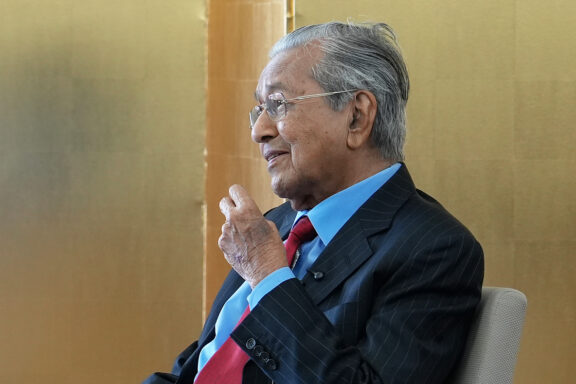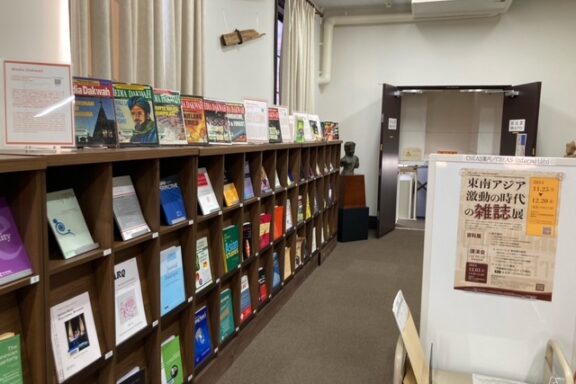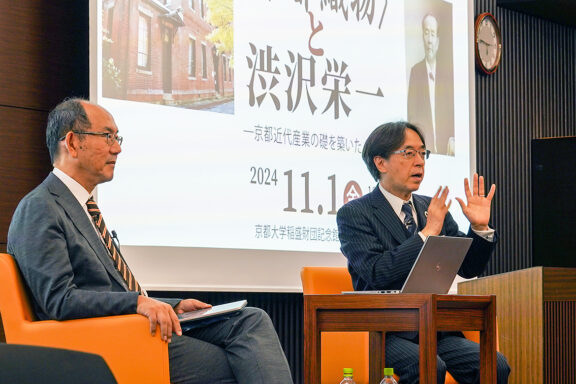In his recent book, Moments of Silence (2020), Professor Thongchai Winichakul uses all available records and interviews to meticulously trace the October 6, 1976 massacre at Thammasat University and the subsequent evolution of Thai politics and society. Both as a former student deeply involved in the event and as a historian, he recounts how Thai society has been unable to talk about or forget the massacre, thus leaving the traumatic experience unresolved. In the background of this “unforgetting,” as well as the multiple political and legal crises that have unfolded in Thailand during the past two decades, lies the persistent immutability of Thailand’s legal system. This was the theme of Ajarn Thongchai’s September 20th lecture at CSEAS, titled “Reflections from my Adventure into Thai Legal History.”
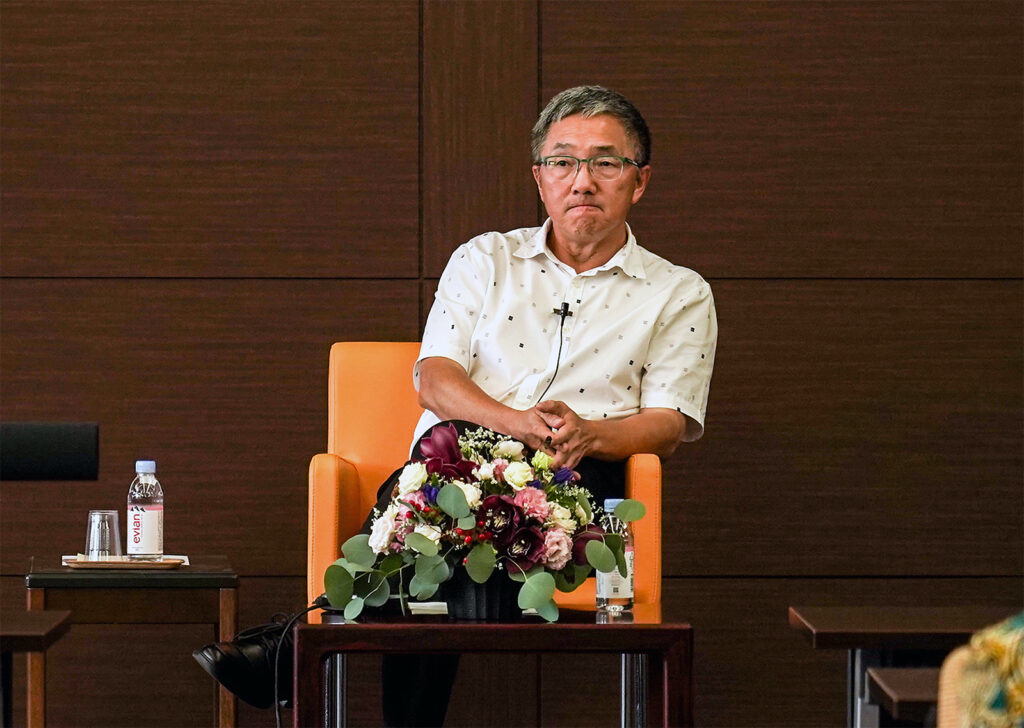
Ajarn Thongchai began by explaining that most of modern Thailand’s founding institutions were established from the 1880s to the 1920s under the influence of colonialism to serve the monarchy. During that time, archaeology, pre-modern history, literature, and law were established as foundational studies in higher education. As the legal system was considered the most important pillar to maintain royal authority, the study of law was the key means of educating personnel to serve in the courts. Yet, the study of the legal system as an academic discipline in Thailand has remained virtually unchanged since 1913; it is still based on outdated modernization theory and monarchical nationalism. Although a course on the history of the legal system was added to the legal education curriculum in 1979, few students have shown interest, as studying legal history and philosophy is irrelevant to advancing one’s legal career. Thus, law has continued to be taught by judges via rote memorization. This has resulted in a legal system populated by a small circle of an inbred close-knit network of patronage that lacks intellectual dynamism. Indeed, Thailand’s bar exam has literally not changed since its inception.
Ajarn Thongchai’s inquiry into Thailand’s legal history, which began as a “post-retirement hobby” when he was positioned at the Institute of Developing Economies due to his interest in laws related to lese majeste, exposes the static nature of the country’s legal system and relevant institutions. As the award-winning historian said in an interview prior to his lecture, “historical knowledge is power. While it can be dangerous, it can also help us to see the past differently and open up new possibilities for a better future.”
In a message to young scholars, Ajarn Thongchai noted that historians need good questions stemming from a critical spirit in the present to learn and imagine the past with skepticism toward existing historical knowledge and a good heart for the future. These are pertinent words not only for historians, but for all researchers.
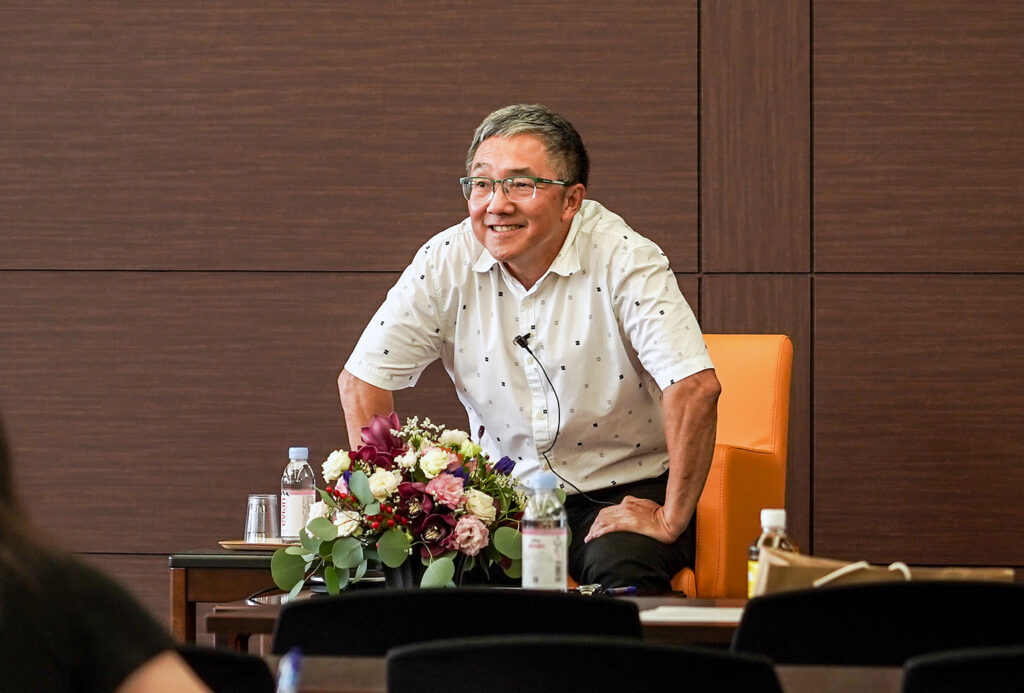
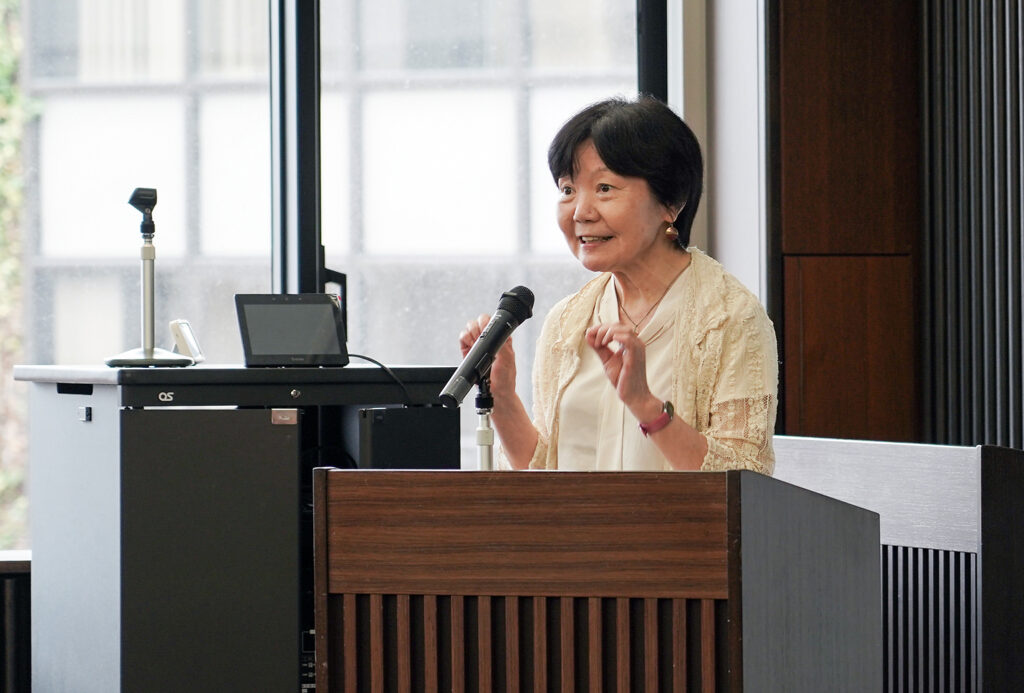
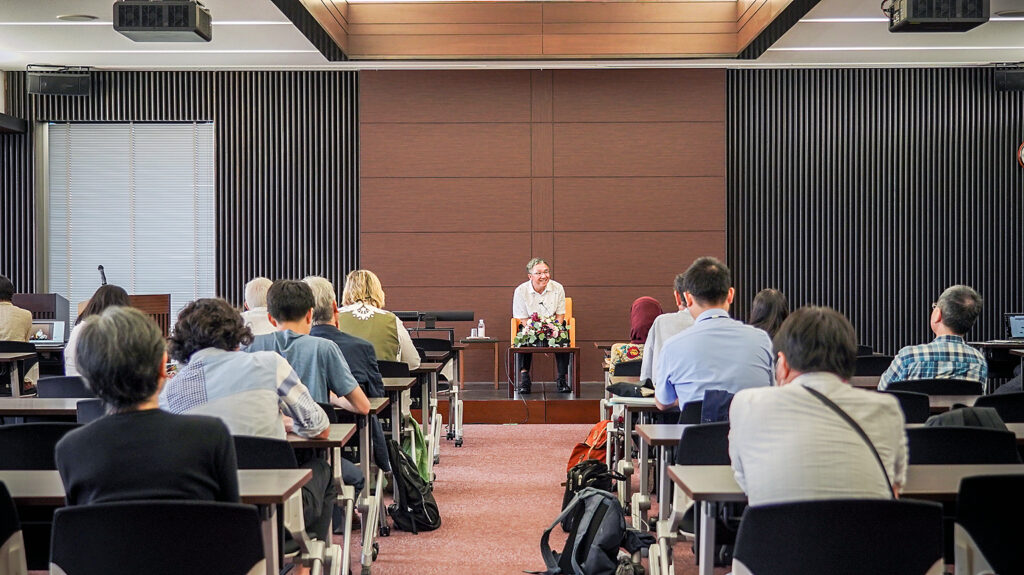
CSEAS had the honor of hosting Ajarn Thongchai in celebration of his being awarded the Fukuoka Prize (Grand Prize for 2023), eight years after he stayed with us as a visiting scholar in 2015. His lecture was delivered in a hybrid format to a total of 110 participants in person and online. Prior to the lecture, he kindly responded to an interview and after the lecture, friends and fellow scholars enjoyed the opportunity to exchange greetings with Ajarn.
This article is also available in Japanese. >>
「沈黙と危機の中の不変性:トンチャイ・ウィニッチャクン氏がタイ法制史を語る」
(速水洋子)



